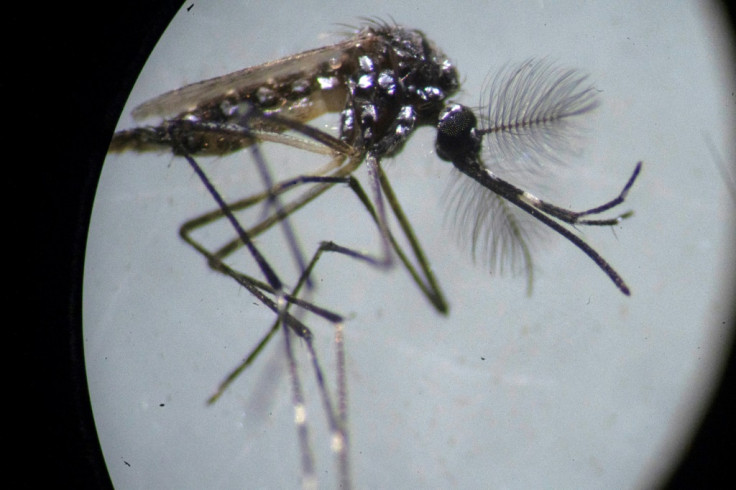Experts suggest exposure to dengue may provide some immunity against coronavirus
The team found that areas with lower SARS-CoV-2 infection rates, were also the ones hard hit with the dengue fever outbreak either in 2019 or 2020.
Exposure to a mosquito-borne illness may have its benefits after all, as researchers from Brazil are hypothesising that dengue can help offer immunity against coronavirus.
The findings of researchers from the Duke University were released on Monday in medRxiv. Although it is still awaiting peer review, the results of their study show promise in the fight against COVID-19.
The research suggests that an effective and safe dengue vaccine may offer individuals an immunity against SARS-CoV-2. The researchers, led by Miguel Nicolelis, a Duke University professor, analysed coronavirus outbreak in Brazil and also previous dengue fever outbreaks. They compared the geographic spread of dengue in 2019 and 2020 with the distribution of coronavirus in the country.
The team found that areas, where there were lower SARS-CoV-2 infection rates, were also the ones that were hard hit with the dengue fever outbreak either in 2019 or 2020.
With this data, the study finds an intriguing inverse correlation between dengue virus antibodies and coronavirus. As per the study, it raises the possibility of immunological cross-reactivity between SARS-CoV-2 and the flavivirus serotypes of dengue.
Nicolelis explained to Reuters that previous studies showed those with dengue antibodies returned a false-positive result for COVID-19 antibodies and that these individuals have not been infected by coronavirus. A result of false-positive indicates that a person has a certain type of disease, when in reality, he does not have it.
In Brazil, the researchers found that Parana, Rio Grande do Sul, Minas Gerais, and Santa Catarina were among the states that suffered hard due to a serious dengue outbreak in 2019 and early 2020. Incidentally, they found that it took longer for the same areas to attain high community COVID-19 transmission. On the other hand, Para, Maranhao, and Amapa had fewer dengue cases but their transmission rate for COVID-19 was found to be higher.
The team's discovery of the inverse correlation between dengue virus and coronavirus was by accident. The study was initially to find how coronavirus spread in Brazil and they found that highways played a part in spreading the virus. In the process, they discovered case-free areas, which prompted them to look for a possible explanation. The realisation came when they compared COVID-19 spread with that of dengue .
Nicolelis, although very optimistic about what he and his team found, still said that further studies are necessary to prove the link between the dengue virus and the coronavirus. What he mentioned was that the results are indicative of an immunological interaction between the two viruses, which no one expected considering that they are from different families of viruses.
© Copyright IBTimes 2025. All rights reserved.






















